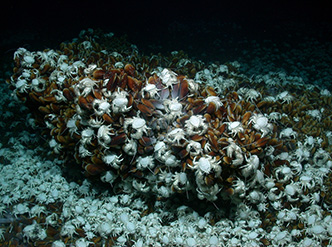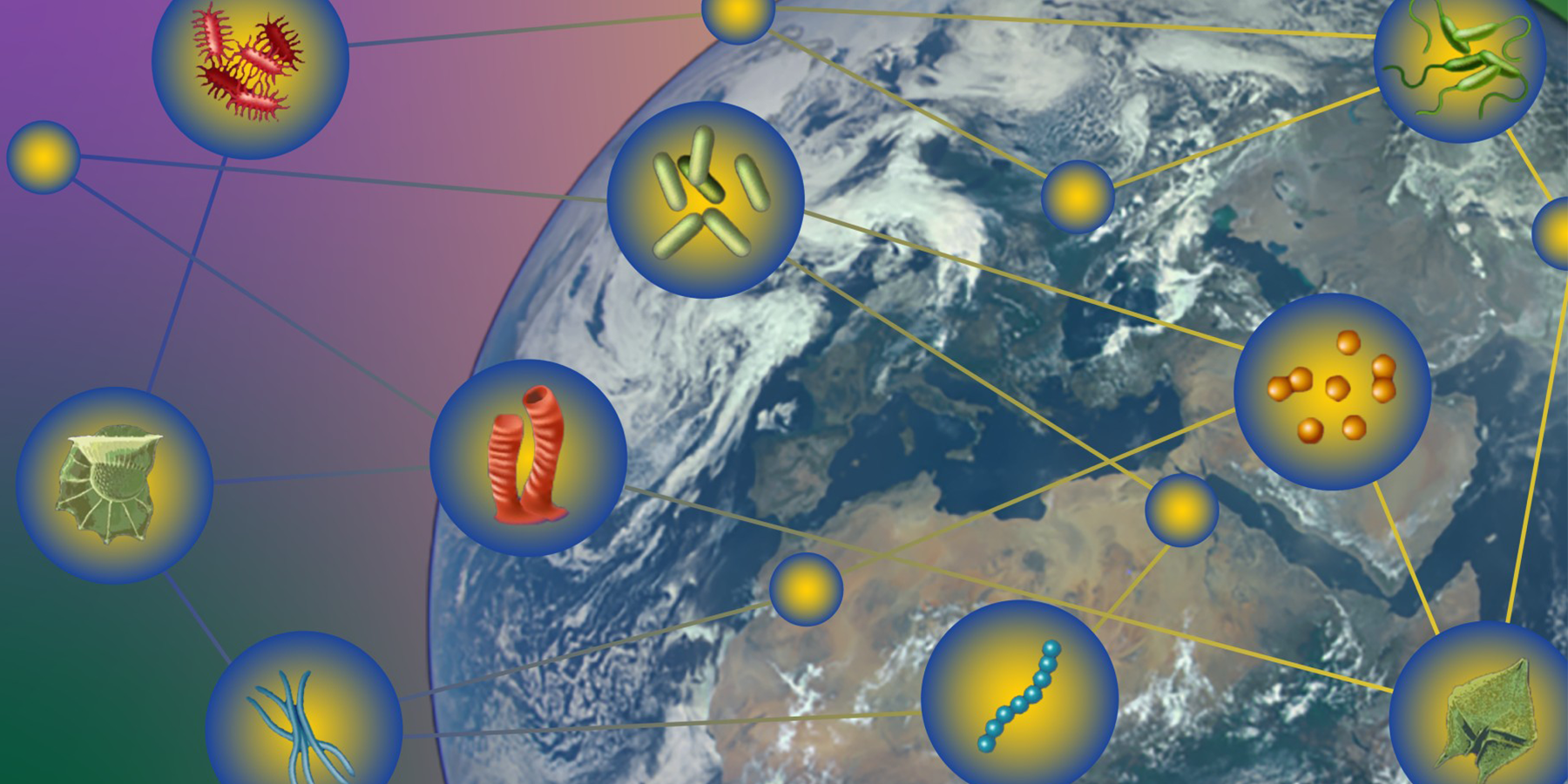
Shedding light on a Picasso
Explore how researchers investigate artworks without damaging them and reveal hidden information in paintings by using different wavelengths of light!

Article of the week
How do we study the galaxy we live in? It’s a bit like being asked to draw a map of your city without being able to leave your house. You might be able to peer through the windows and see some features like streets and tall buildings, but most will be hidden by nearby houses. […]
Read more
Explore how researchers investigate artworks without damaging them and reveal hidden information in paintings by using different wavelengths of light!

Starstruck: with just water, sunlight, and simple equipment, students can use their physics knowledge to calculate the temperature of the Sun.

Ready to rock: discover what mysterious belts of dust, ice, and rock around distant stars can tell us about the formation of planetary systems.
We cover a wide range of scientific topics and many articles are additionally available as translations in different European languages.

Explore cutting-edge science and real-world applications.

Discover projects, people, and resources.

Find ideas and teaching materials for classroom activities.
Articles from previous issues

David Fischer takes us on a trip to the bottom of the sea to learn about cold seeps – their ecosystems, potential fuels, and possible involvement…

Linda Sellou, a French PhD student at Bristol University, UK, tells Sai Pathmanathan, a science education journalist, what she thought of her school…

Sketch graphs from ‘story’ videos of everyday events to help students understand the basic features of graphs and how to interpret…
Discover free events and activities offered by the EIROforum members and other non-profit groups.

Join EMBL’s free self-paced online course to explore key ideas in planetary biology, learn how scientists study life in coastal environments, and discover practical and engaging ways to bring these topics into the classroom.
Do you have an engaging classroom activity to share with other teachers? Is there an interesting scientific topic that you could explain to STEM teachers and their students? We welcome submissions from teachers and scientists.
Would you like to help ensure that our content is interesting, inspiring and useful to STEM teachers? Consider joining the Science in School teacher reviewer panel. There is no obligation; just send us an email to express your interest.
If you find an article interesting or useful, perhaps you'd consider translating it into your native language? This really helps to increase the reach of our content so that as many teachers as possible can benefit from it.